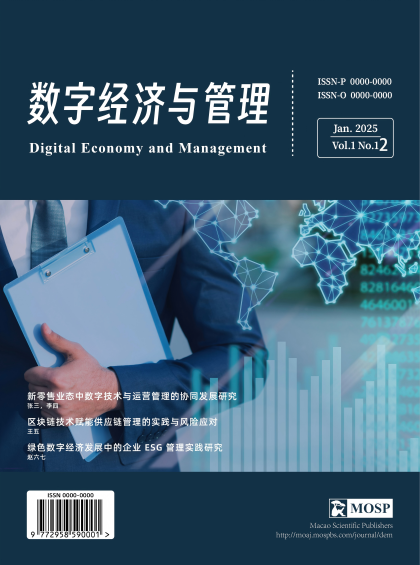摘 要:
随着人工智能和大数据技术在金融领域的广泛应用,算法已成为推动金融普惠的重要驱动力。本文以算法偏见对金融普惠性的抑制效应为主题,探讨了在金融服务中算法偏见产生的原因及其对公平性和社会包容性的影响。研究通过构建概念框架,分析算法在信贷评分、风险评估及客户分类中的应用场景,结合实例揭示了数据偏倚、设计偏见和反馈放大等因素如何导致算法偏见,进而加剧对特定群体的金融排斥。本文采用实证分析与定性研究相结合的方法,从社会经济数据集入手,验证不同算法模型在群体间的表现差异,量化了算法偏见对低收入群体及边缘化人群金融服务获取的限制程度。研究结果表明,算法偏见在金融领域的存在不仅恶化了资源分配的不平等,而且削弱了金融普惠性目标的实现效果。最后,本文提出通过优化算法设计、改进数据质量、引入公平性评价指标以及建立监管体系等途径来缓解算法偏见的负面影响,推动金融普惠的可持续发展。研究对于算法偏见问题的揭示以及解决路径的探讨,为促进金融服务的公平与普惠提供了理论支持与实践参考。
关键词:前列腺癌;miRNA;miR-429;细胞增殖;测序
Abstract:
With the widespread application of artificial intelligence and big data technologies in the financial sector, algorithms have emerged as a significant driving force for promoting financial inclusion. This paper focuses on the inhibitory effect of algorithmic bias on financial inclusion, exploring the causes of algorithmic bias in financial services and its impact on fairness and social inclusivity. By constructing a conceptual framework, the study analyzes the application scenarios of algorithms in credit scoring, risk assessment, and customer segmentation. Through practical examples, it reveals how factors such as data bias, design bias, and feedback amplification lead to algorithmic bias, which in turn exacerbates financial exclusion of specific groups. Combining empirical analysis and qualitative research, the paper starts with socio-economic datasets to verify the performance differences of different algorithm models across groups. It quantifies the extent to which algorithmic bias restricts access to financial services for low-income groups and marginalized populations. The research findings indicate that the presence of algorithmic bias in the financial field not only worsens inequality in resource allocation but also undermines the achievement of financial inclusion goals. Finally, the paper proposes several approaches to mitigate the negative impacts of algorithmic bias, including optimizing algorithm design, improving data quality, introducing fairness evaluation metrics, and establishing a regulatory framework, thereby promoting the sustainable development of financial inclusion. The study's revelation of the algorithmic bias problem and exploration of solutions provide theoretical support and practical references for enhancing the fairness and inclusivity of financial services.
Keywords: Algorithmic bias; Financial inclusion; Low-income groups; Inequality in resource allocation; Fairness evaluation metrics
--
